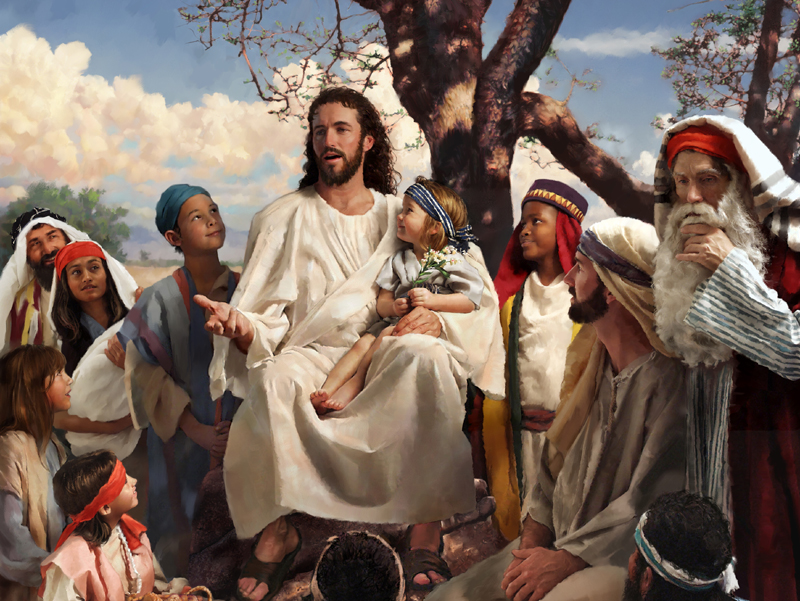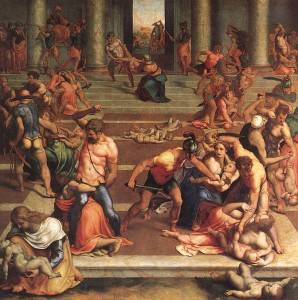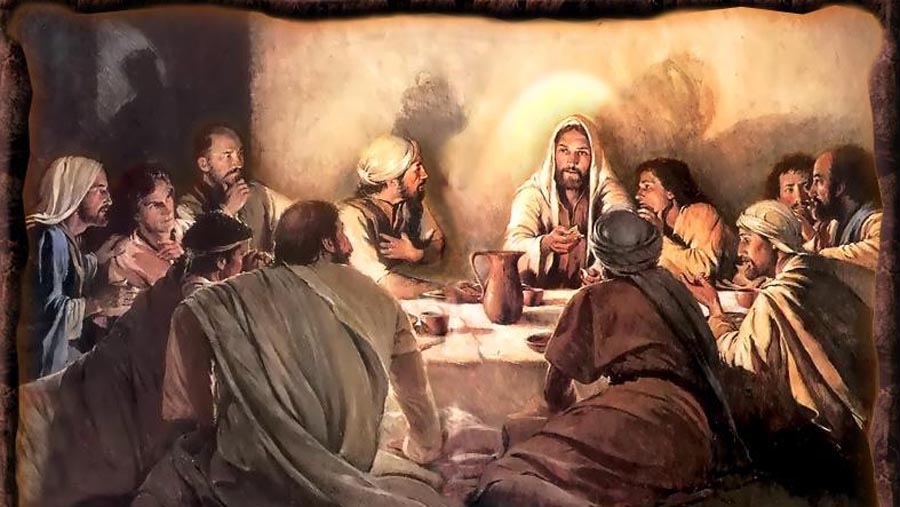
Husbands, love your wives, as Christ loved the church and gave himself up for her, that he might sanctify her, having cleansed her by the washing of water with the word, so that he might present the church to himself in splendor, without spot or wrinkle or any such thing, that she might be holy and without blemish.
Eph. 5:25-28 ESV
If we are in love with Jesus, then we will love what Jesus loves. What does Jesus love? He loves his church. No matter how ugly she acts, how sinful she behaves, or how hurtful her attitude, Jesus still loves his church. The Bible gives us no other option, if we desire to grow in Christ, then we must attend, serve, and worship in his church.
We may want to leave out of disappointment, distance ourselves out of embarrassment, and retaliate out of anger. However, we are called to stay and walk in the Spirit no matter our frustration or disillusionment. In the 1920’s, a young German theologian discovered the church and learned to love Christ and his church.
During April of 1924, a young aspiring theologian visited Rome for the first time. With his brother, he visited the ancient ruins and toured the great cathedrals and parish churches. Unplanned, his visit fell during Holy Week and guided by a young knowledgeable Roman Catholic priest from Bologna, they attended the great Holy Week services of the Roman church. The depth, gravity, and beauty of the ancient rites affected his spirit drawing him into the beauty of ancient catholicity.
As a state church German Protestant, he had experienced very little of the Roman Catholic Church: its people, its ancient liturgy, and its spirituality. This young man was greatly impressed by the sincere devotion and heart-felt conviction of the laity as they stood in line to partake of the sacrament of reconciliation. After receiving the sin-cleansing absolution of the young priests, guilt and shame was noticeably removed from their faces as they walked away. This young theologian continued with his Protestant objections to Roman Catholic doctrine, but was forever affected by the Roman Catholic laity’s deep and abiding love for the Church.
Edwin Robertson, The Shame and Sacrifice: The Life and Martyrdom of Dietrich Bonhoeffer (New York. MacMillan, 1988), 41.



